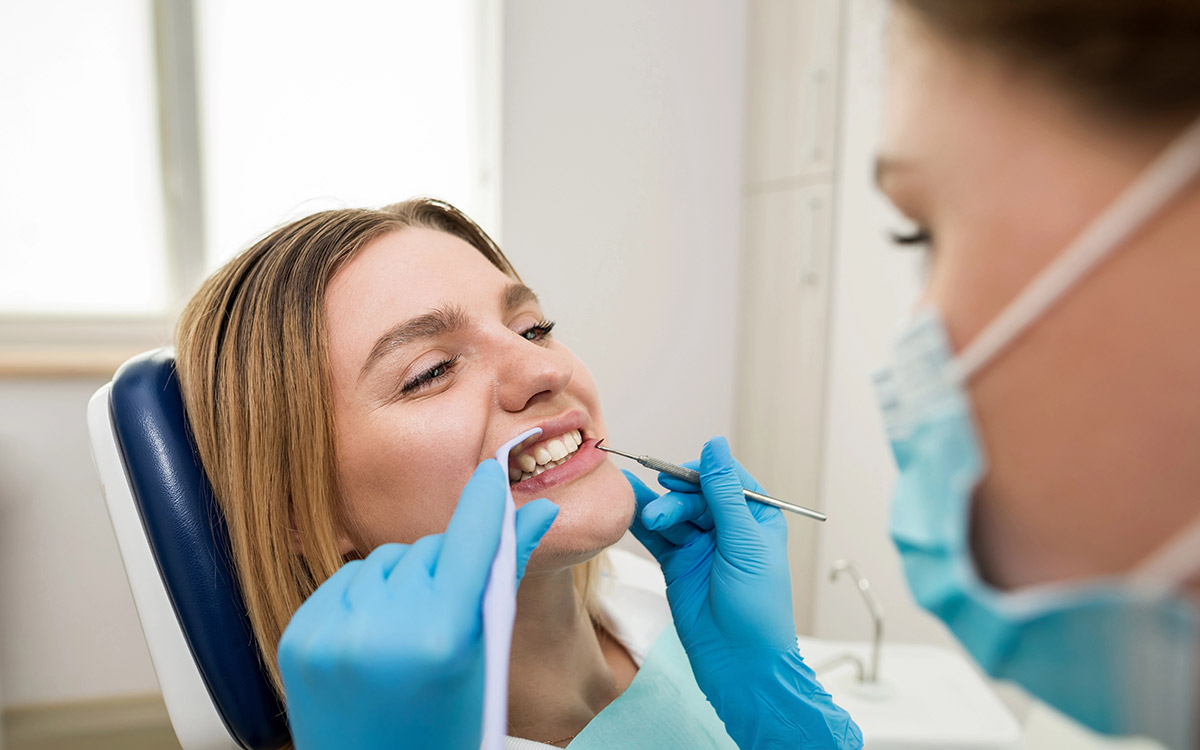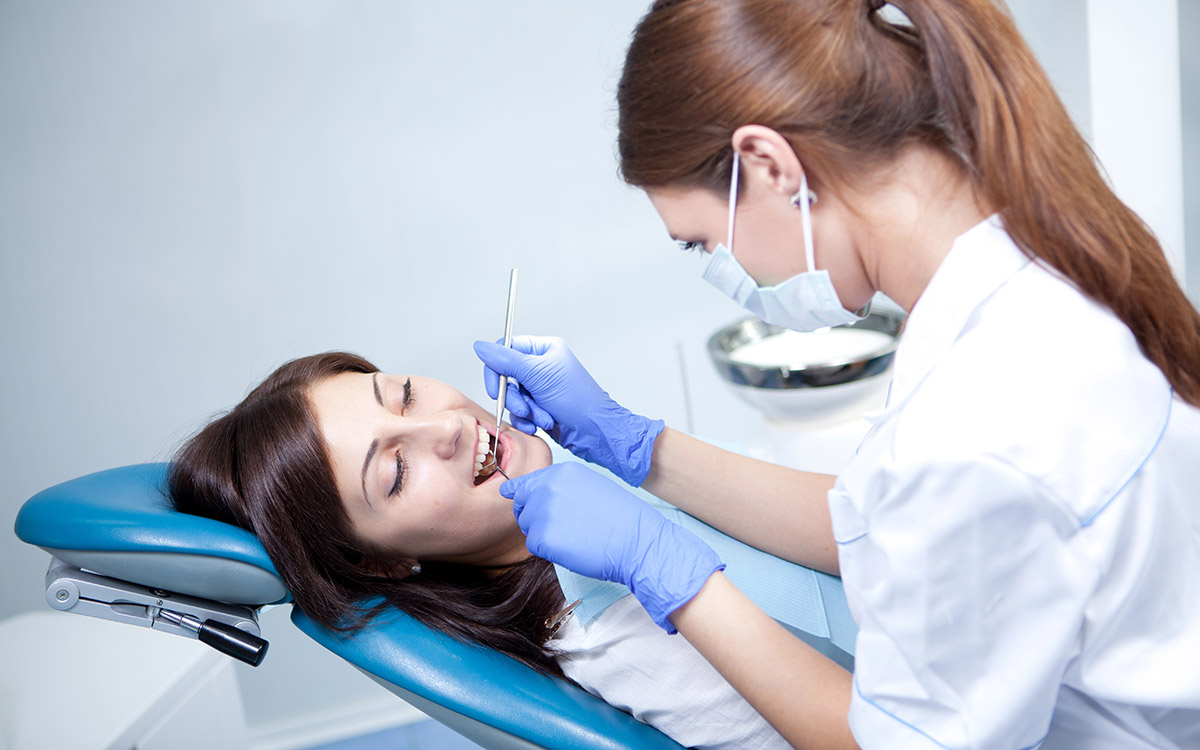The first time getting dentures can feel like your lips are being pushed forward and that your teeth are too big. Within the first few days, this will subside. During the first two weeks, the best way to get used to your dentures is to keep them in your mouth progressively longer each day. The dentist will want you to wear the dentures continuously for the first few days, or as they recommend, for dentures placed immediately after surgery. The soft tissue needs to rest uncovered overnight, wearing dentures during the night when you sleep is not recommended. The lower denture will not be as tight as the upper, because of the natural shape tendencies of a mouth.
Getting used to the dentures
Because of the natural shape tendencies of a mouth, the lower denture will not be as tight as the upper. Over time, you won’t notice the loose fit as much and your dentures will feel more natural. Then with natural teeth tongue position with dentures is different. Most patients adapt quickly to their new dentures, this may cause a hissing or whistling sound while speaking. A good way to train your tongue to return to its natural position is to practice by reading out loud for a few days. You will train your tongue to say S, Sh, Th, and Ch sounds more clearly, as you do this.
It is important to brush dentures and keep them clean to avoid the spread of bacteria, just like natural teeth, to keep your breath fresh and keep your gums healthy. To remove any loose food, rinse your dentures before brushing. It is recommended to use a soft bristle toothbrush and water to brush all the surfaces of the dentures twice everyday. This removes food particles and plaque and also helps keep your dentures from staining. You can purchase cleaner created just for dentures, and avoid conventional toothpaste.
Recommended Guidelines
You should regularly clean your dentures and handle them with care, it is very important and proper maintenance is required and can protect your investment for years to come. You should handle carefully and prevent denture damage when removing or cleaning dentures by filling the sink with water or placing a folded towel in the sink to prevent accidental falls. Soak your dentures in cool water, keep dentures moist, or denture cleaning solution when not in use. It will keep them from drying out. Refrain from using water that is too hot as this can warp dentures.
When you brush your natural teeth twice a day, as well you should brush your dentures twice a day. You should use a soft brittle dentures brush and cool water to brush all surfaces. After every time you eat, be sure to rinse your dentures with water to keep them fresh for longer. A regular visit to your dentist and checkups are good for your dentures and your mouth overall. Due to regular visits to your dentist, he will ensure that your dentures are in a good condition and fit, continue and fit properly. You must follow all instructions of your dentist regarding the care and cleaning of your dentures and do not hesitate to ask questions.
New Dentures
If it is your first time, getting new dentures is always a big change. Getting used to new dentures is no different. Replacing your natural teeth into dentures is no surprise they will take some getting used to before you feel truly comfortable with them. As it could be your adjustment period won’t be as long or troublesome. When getting dentures in general, you may also want to read more about what to expect. Continue reading to learn more about getting used to new dentures. What to expect with new dentures No matter what type of dentures you get, expect to go through an adjustment period before your dentures feel natural to you. You may find it difficult to eat and talk normally for the first few weeks. This is normal – it takes time for your gums, tongue, and mouth to get used to new dentures, so you may encounter some issues early on gum irritation sore spots excess saliva – your body might sometimes confuse your new dentures for food, causing it to produce more saliva dentures dislodging frequently change in pronunciation keep in mind that although minor irritation and soreness during the first few days is normal, intense pain or constant discomfort is not. See your denture professional immediately to have it checked, if you experience severe and prolonged pain from your dentures.
Adjusting Dentures
To adjust to their new dentures most people find it takes them around a month and feels completely comfortable with them. The work will often require more time to recover and get comfortable, for those who undergo more comprehensive dentures. You may have experienced some of the issues for the first two weeks. Any irritation or soreness should have gone down significantly by the third week, and you will be able to start talking and eating normally. You will be more confident talking and eating normally again after about four weeks, your dentures should feel more natural in your mouth. Although you can not avoid going through an adjustment period when you get new dentures, you can avoid the most common problems and issues. Avoid hard food, and focus on soft food in the few weeks after your procedure. Prevent putting unnecessary pressure on your teeth and gums while getting used to your new dentures, this will help you. Cut food into small pieces, avoid sticky food, it can be caught on your dentures and dislodge them easily. Talk slowly, it builds strength and familiarity. Your dentures may feel loose in the first few weeks as your gums and mouth get used to holding them in place, repositioning your dentures when they feel loose. Whenever they pop out of place, be patient and reposition them carefully.







